Après les terribles evenements de la deuxième partie, Van Helsing rencontre Mina et Jonathan, et comprend que le monstre qu’il a essayé de combattre n’est autre que le Comte Dracula, fraîchement débarqué à Londres. Tandis que tous les chasseurs de vampires, logés à l’institut du Docteur Seward, tentent d’enquêter et de s’organiser, le patient Renfield change étrangement de comportement, tentant de les avertir d’un danger qu’ils ne voient pas…
Dracula est un mythe littéraire, un roman épistolaire d’une incroyable diversité, qui fait peser, sur un univers victorien discrètement critiqué, la menace d’un mal archaïque et tout-puissant. Monstre gentleman, aussi cruel que raffiné, noble, protéiforme, entêté, inexorable, solitaire, amoureux à sa manière, Dracula exerce toujours la même fascination après plus d’un siècle.
Journal de Jonathan Harker et générique :
Hector Berlioz, Symphonie Fantastique, Op. 14, « Songe d’une nuit du sabbat », interprété par Colin Davis et l’ensemble London Symphony Orchestra (1963, domaine public).
Journal de Mina Murray :
Gabriel Fauré, Requiem, Op. 48 (European Archive, domaine public).
Journal du Dr. Seward :
Johann Sebastian Bach, The Well Temprerd Clavier, Book I, BWV 846-869 – Prélude in Fugue un C minor (European Archive, domaine public).
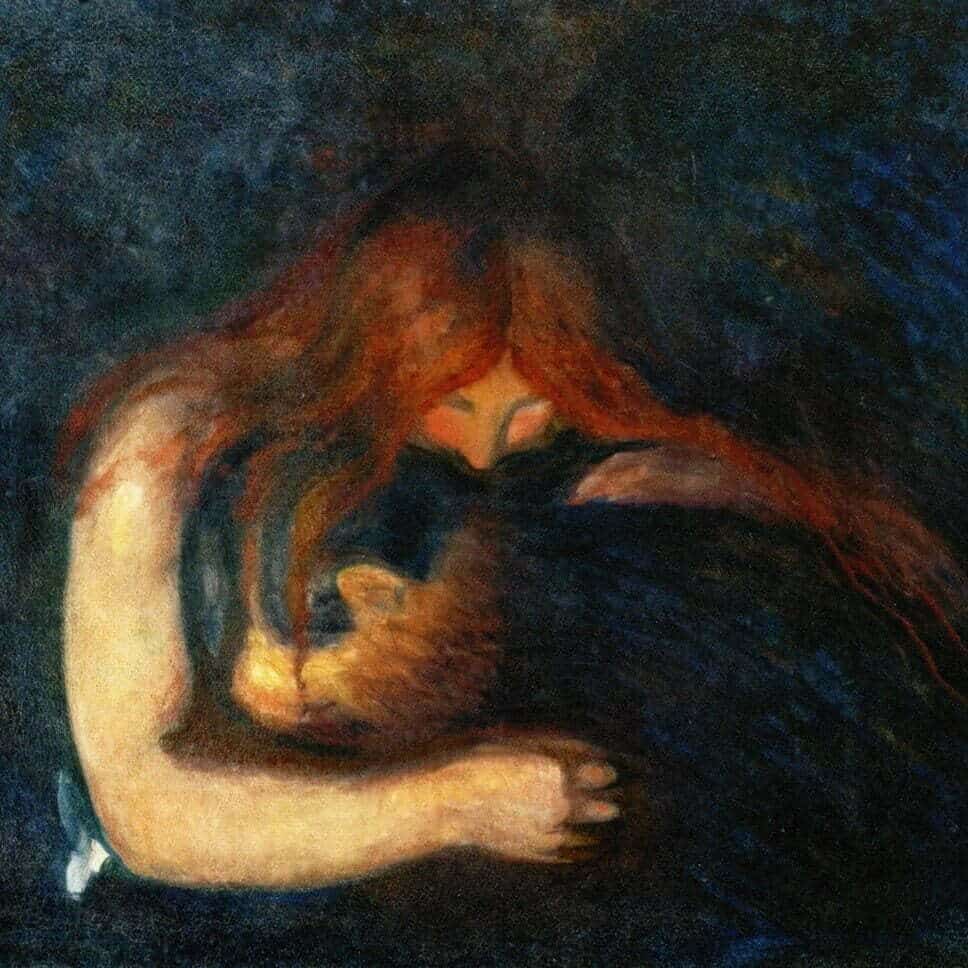
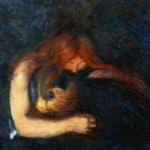
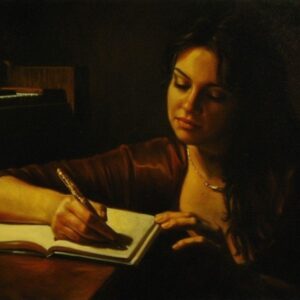
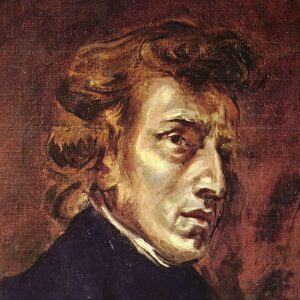
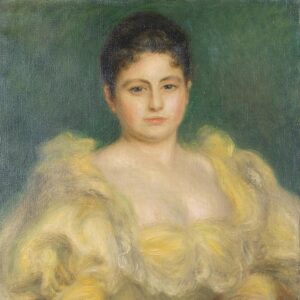


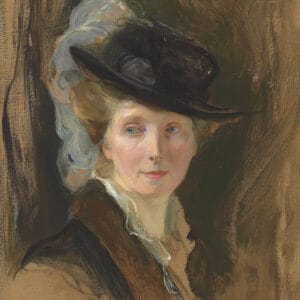

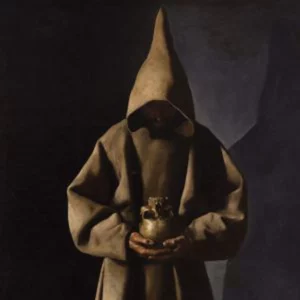
Throughout the ages, literary works have expressed fears and expectations generated by scientific discoveries and have portrayed images and myths about science itself. Several parameters can contribute to these representations of science, including the culture and social class to which the authors of these works belong. We also cannot deny the influence of gender, as due to the fact that the male sphere of action dominates science, male or female authoring can determine a peculiar characterization of the scientific world. In the present work, through a comparative analysis of two important literary works from the h century, Frankenstein, by Mary Shelley, and Dracula, by Bram Stoker, the issues concerning the view of science and their relation to gender are highlighted. While Shelley, as a woman, apart from the scientific world, reveals in Frankenstein all her distrust about it, Stoker, the model of a Victorian man, expresses in Dracula his total trust in science.